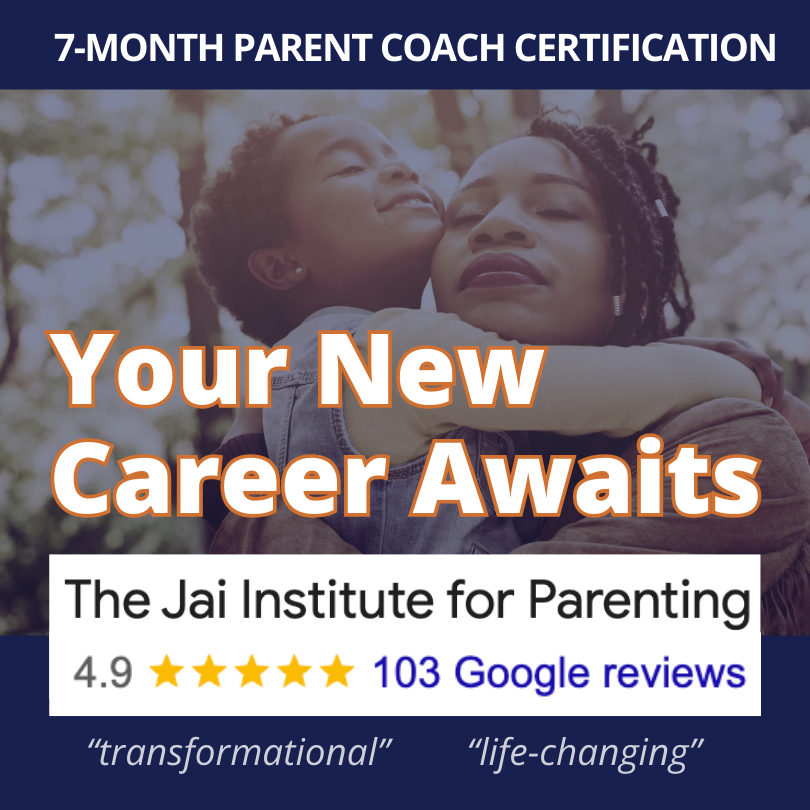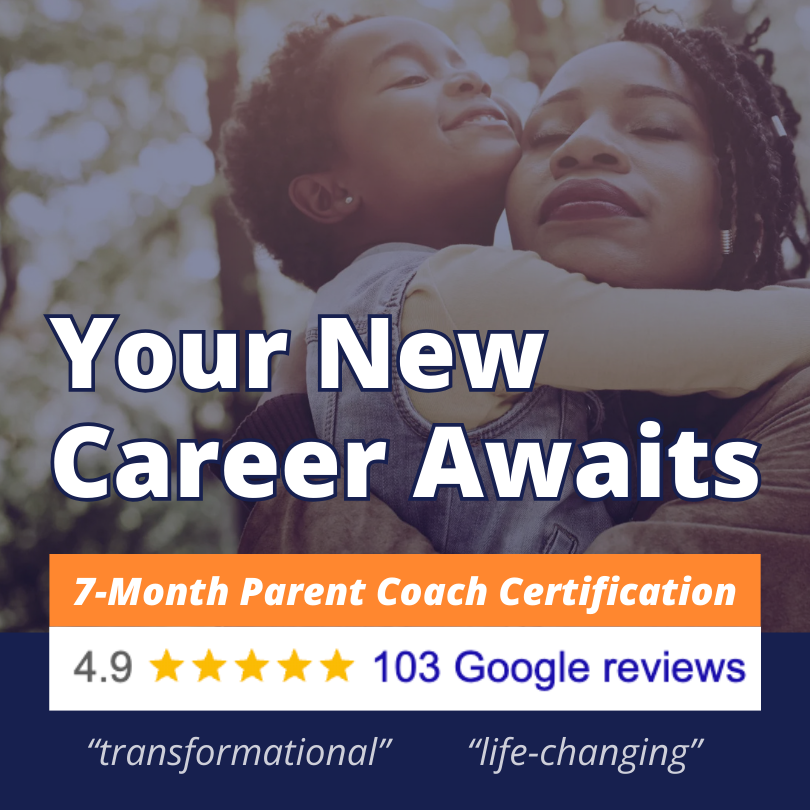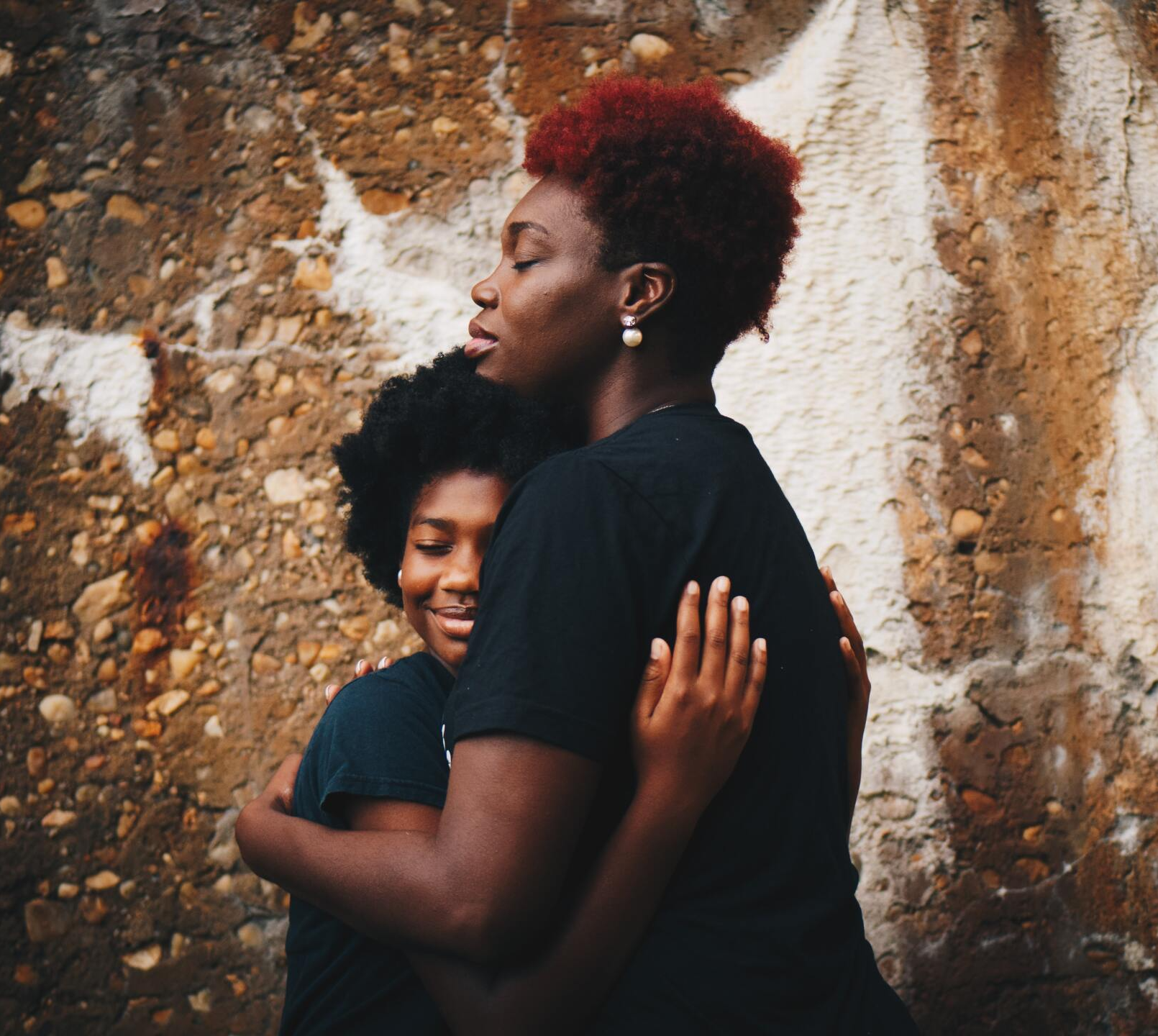The Power of Connection & Respect in Empowered Parenting

One of the most powerful lessons we can impart to our children in the journey of parenting is the value of respect. However, respect isn’t something we merely demand from our kids—it’s something we earn and cultivate through our actions, our words, and, most importantly, the way we connect with them on a deep and authentic level.
In empowered parenting through the lens of the Jai Institute for Parenting, connecting with our children goes beyond simple authority. It involves recognizing and honoring them as unique individuals with their own thoughts, emotions, and experiences. Neuroscience teaches us that the brain's development is profoundly influenced by the quality of our relationships. When we engage with our children with respect and understanding, we help to foster secure attachment, which is essential for healthy emotional and cognitive development.
One way to practice this connection is through the use of open-ended questions. Instead of asking questions that lead to yes or no answers, we can ask our children questions that encourage them to think, express themselves, and share their feelings. For example, instead of asking, "Did you have a good day?" we might ask, "What was the most interesting part of your day?" This approach not only shows that we value their thoughts but also helps to develop their critical thinking and communication skills.
Empowered parenting, based on the principles of Jai, is about being mindful of the way we interact with our children. It means consciously choosing to approach each moment with patience, empathy, and a desire to understand rather than to control. By doing so, we model respect in its truest form through consistent, loving, and thoughtful engagement. In turn, this helps our children internalize respect as a core value, one that they will carry with them throughout their lives.
As the Jai Institute for Parenting teaches us, the respect we seek from our children is the respect we first offer them. When we connect with them through open communication, informed by the principles of neuroscience and guided by intentionality, when we are aware of our own issues with our family of origin and intentionally decide to break the cycle of the way we’ve been parented (either with authoritative parenting methods of “parenting over,” or permissive parenting methods of “parenting under”) – we enter the “parenting with” path and that’s when the change happens, that’s when we lay the foundation for a relationship built on mutual respect and understanding.
As parents, we often feel the pressure to be perfect—to always have the right answers, maintain a facade of strength, and shield our children from our own vulnerabilities. But the truth is, being the "perfect parent" isn't what our children need. What they need is to see us as real, authentic human beings who experience a range of emotions and handle those emotions with grace and integrity.
Open communication with our children is about more than just talking—it's about sharing our true selves with them in a way that is appropriate for their age and understanding. It's about letting them see us as we really are: people who sometimes struggle, who sometimes fail, and who sometimes feel deeply. When we allow our children to witness our authentic selves, we teach them valuable lessons about humanity, resilience, and respect.
For example, when we make a mistake, whether it’s losing our temper or making a poor decision, apologizing to our children is not a sign of weakness; it’s a sign of strength. It shows them that everyone, including their parents, is capable of error, but more importantly, it teaches them the value of taking responsibility for those errors. It models humility and integrity, and it reinforces the idea that respect is mutual. And that is why repairing is such an important concept for a Jai parent coach. It’s actually the main game changer for our parenting and the base of open communication with our children.
Talking about our difficulties in an age-appropriate way also opens up space for our children to feel safe in sharing their own struggles. When they see us dealing with challenges—whether it's a stressful day at work, a disagreement with a friend, or even just feeling down—they learn that it's okay to have tough times. They learn that emotions are natural and that it's not the emotions themselves that define us but how we choose to handle them.
Letting our children see us express a full range of emotions—laughing, crying, getting upset—helps them understand that emotions are a normal part of life. But even more importantly, it helps them see how to manage those emotions in a healthy way. When they see us process our feelings with grace, whether it's taking a deep breath before responding, asking for a moment to gather our thoughts, or simply acknowledging how we feel, they learn invaluable emotional regulation skills.
This open and authentic communication does more than just build trust and respect in the parent-child relationship; it also equips our children with the ability to recognize authenticity in others. When we model genuine emotions and behavior, they learn to seek out and value these traits in their own relationships. They become more adept at identifying people who are trustworthy, who are honest, and who respect them as individuals.
In this way, empowered parenting isn’t just about guiding our children through their formative years—it’s about laying the foundation for their future relationships. By being open, honest, and authentic with our children, we give them the tools they need to build meaningful connections based on mutual respect. We teach them that they deserve to be treated with kindness and honesty, and we help them develop the confidence to stand up for those qualities in their interactions with others.
Connecting with our children through open communication is not always easy. It requires vulnerability, patience, and a willingness to let go of the need to be perfect. But the rewards are immeasurable. By respecting our children as individuals, showing them our true selves, and handling our own emotions with grace, we foster an environment of trust, love, and mutual respect.
In doing so, we empower our children to be authentic, value genuine connections, and navigate the world with a strong sense of self-worth. This, ultimately, is the heart of empowered parenting: raising children who not only respect us as parents but also respect themselves and others, paving the way for a future filled with meaningful and respectful relationships.
In a nutshell, this is why Jai parent coaches have the potential to create a whole new generation who are in touch with their feelings and their true selves.
Meet Your Author, Maggie Pouplis
Website: bondingnest.com
Instagram & Threads: @bondingnest
Facebook: Bonding Nest - Maggie Pouplis
With over two decades immersed in the realm of communication, Maggie brings a unique blend of experiences to the world of parenting as a coach. As a devoted parent, she has personally witnessed the transformative power of empowered parenting, breaking cycles, and nurturing authentic connections. Her belief that every child deserves to thrive fuels her passion for coaching. She finds profound joy in guiding parents toward creating bonds that last a lifetime.
READ MORE:

Curious for more?













